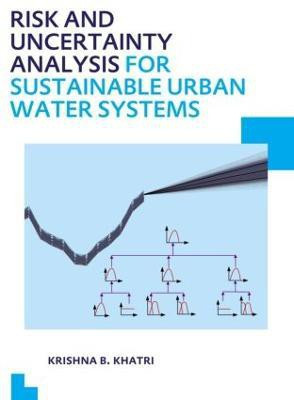Risk and Uncertainty Analysis for Sustainable Urban Water Systems(English, Paperback, Khatri Krishna Bahadur)
Quick Overview
Product Price Comparison
A combination of future change pressures - including unprecedented growth in population, urbanization, socio-economic, and climate change - are imposing new stresses on the earth's resources and society's ability to maintain or improve infrastructure systems and environmental quality. While planning for sustainability, we need to make decisions considering those future change pressures, which are often uncertain and generate various risks in systems. These decisions determine the long-term sustainability of a system. The main outcomes of this research are a novel framework for risk and uncertainty analysis, a hybrid approach of uncertainty analysis, and fuzzy set theory based multi-criteria analysis method for decision-making. The developed framework can be applied in any other system without much modification. The algorithms for a hybrid approach to uncertainly analysis are based on both the probability and fuzzy set theory. It can capture both qualitative and quantitative sources of uncertainty in any complex system modelling. The fuzzy set theory based multi-criteria analysis method is supported with a framework that allows quantifying performance and sustainability in a system. Both uncertainty analysis and multi-criteria methods are supported with stand-alone tools that can be coupled with any systems modelling. The framework, methods, and tools are demonstrated in data surplus case in Birmingham, UK and data scarce case in Kathmandu, Nepal and Mbale Town, Uganda. This thesis demonstrates the effectiveness of the developed framework, methodology, and tools for strategic planning of urban water systems in both data scarce and data limited conditions.


